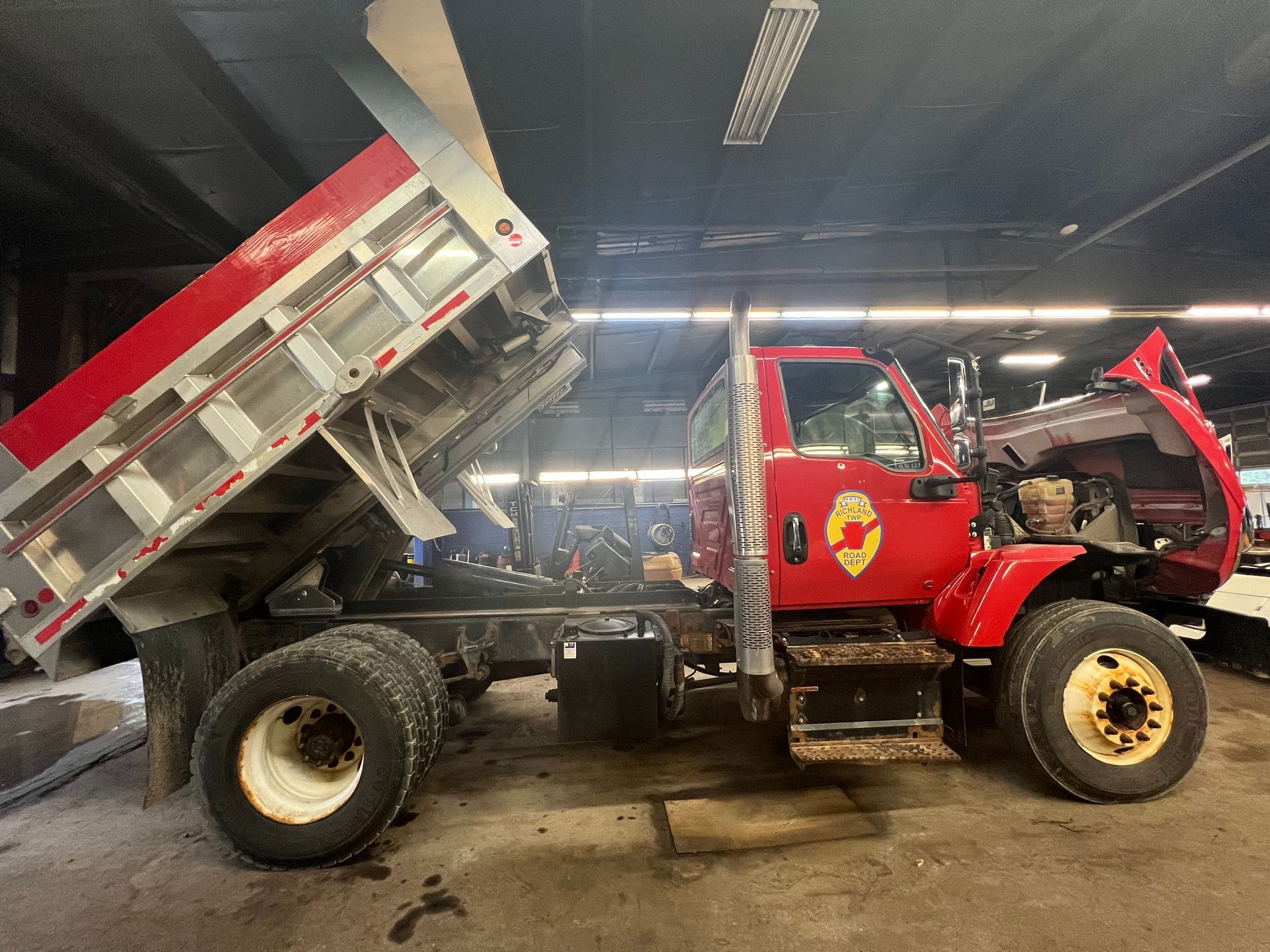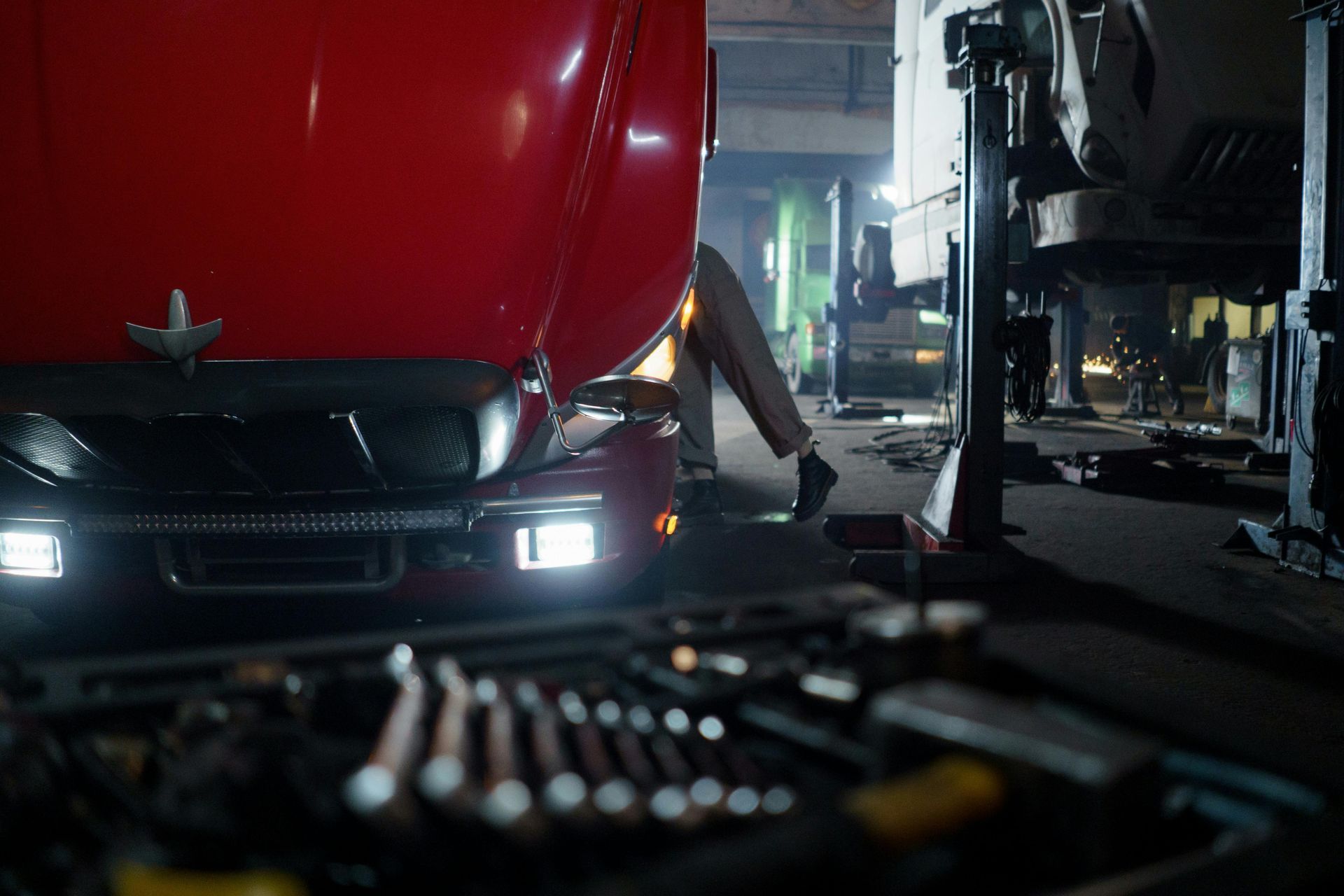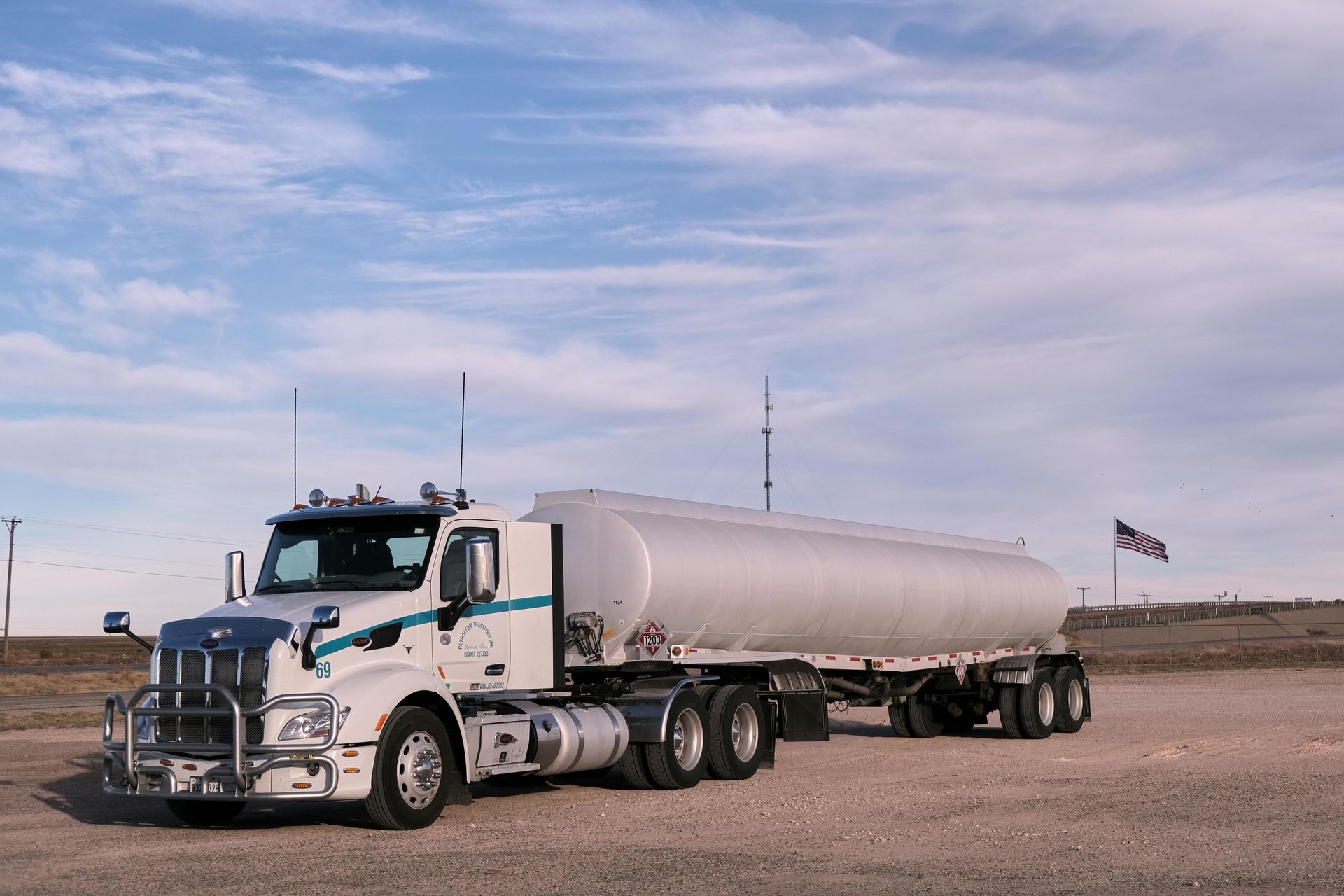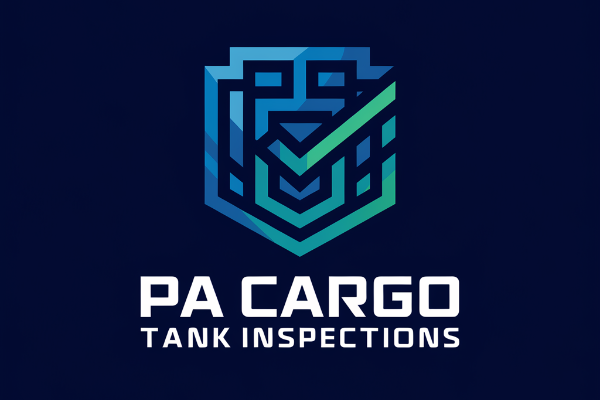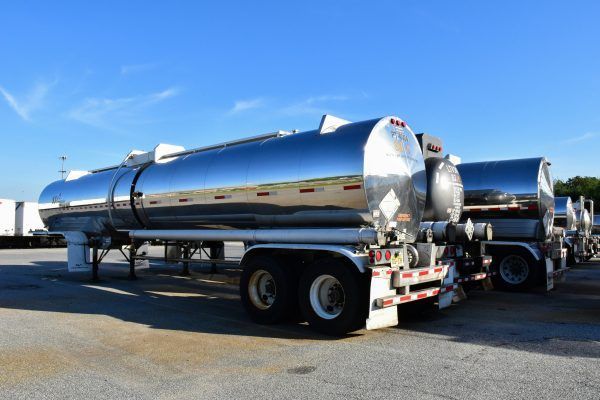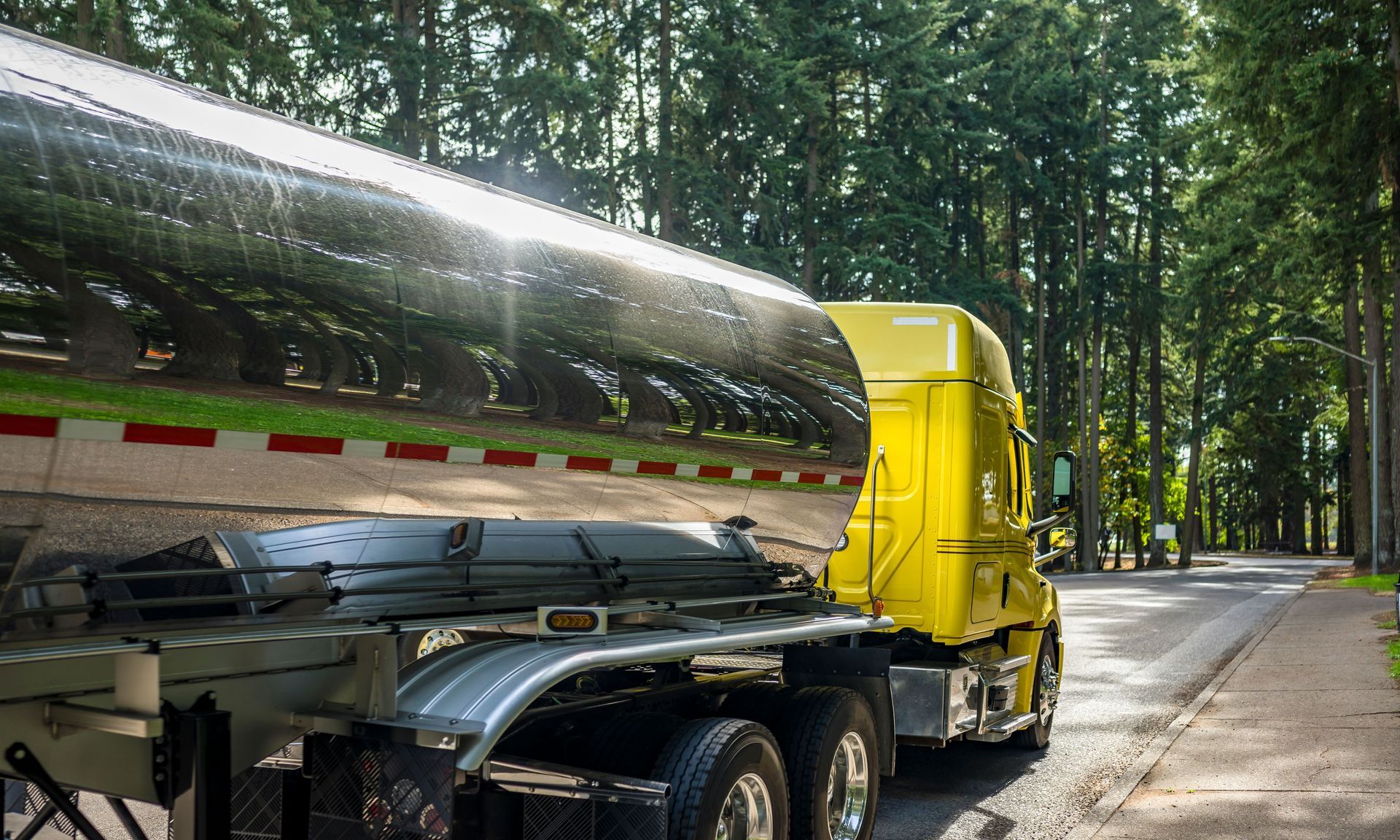Get Your Semi Truck Annual Inspection - DOT Certified
When it comes to maintaining your semi-truck, one of the most critical tasks you must undertake is ensuring that it passes its DOT inspection. Whether you're a seasoned truck driver or a fleet owner, the annual DOT inspection is a requirement that ensures your vehicle is compliant with safety regulations, protects you and others on the road, and helps keep your truck in top-notch condition. If you're looking for an inspection near you, Pa Cargo Tank Inspections is here to guide you through the process.

What Is a DOT Inspection?
The DOT inspection is an official inspection conducted by qualified professionals to ensure that commercial motor vehicles (CMVs) comply with safety standards set by the Department of Transportation (DOT). These inspections are critical in maintaining road safety and ensuring that trucks are fit for operation. These inspections are mandatory for all commercial trucks, including semi trucks, and must be conducted annually.
The Role of DOT Inspections in Road Safety
In the world of commercial trucks, maintaining road safety is crucial. The Department of Transportation (DOT) is responsible for enforcing regulations that ensure the safe operation of these vehicles. A DOT inspection involves more than just a simple check-up; it is a detailed and thorough process designed to keep both the driver and other road users safe.
Each year, thousands of trucks undergo the annual DOT inspection, helping reduce the risk of accidents caused by vehicle malfunctions or neglect. Regular inspections not only protect your investment in your truck but also safeguard the lives of others on the road. Trucks that have undergone a proper DOT inspection are far less likely to experience unexpected breakdowns, which can be costly and dangerous.
The Consequences of Skipping an Annual DOT Inspection
Skipping an annual DOT inspection can have serious consequences. If your truck is pulled over for a roadside inspection, you could face fines and penalties if it hasn’t passed its required inspection. Additionally, a failed inspection could result in the temporary suspension of your vehicle’s operating license, preventing you from transporting goods until the issues are resolved. Beyond legal consequences, there’s also the potential for costly breakdowns or accidents that could arise from unresolved maintenance problems.
By staying up-to-date with your DOT annual inspection, you can avoid these issues and keep your truck running smoothly. In fact, proactive maintenance and inspections can save you money in the long run by catching small issues before they escalate into larger, more expensive problems.
Why Do You Need an Annual DOT Inspection?
There are several reasons why an annual DOT inspection is a must for your truck:
- DOT Compliance: To ensure your vehicle meets the standards set by the FMCSA (Federal Motor Carrier Safety Administration).
- Safety: Inspections help prevent accidents by identifying potential safety hazards in your truck.
- Legal Requirement: Failure to complete an annual DOT inspection could result in fines or penalties.
- Avoid Unplanned Breakdowns: Regular inspections can catch minor issues before they become expensive repairs or dangerous breakdowns.
- Insurance: Many insurance providers require proof of DOT inspection as part of the policy.
The Importance of Choosing a Certified Inspector
When getting your semi-truck inspected, it’s crucial to have a qualified inspector who is well-versed in the DOT regulations and inspection criteria. An inspection performed by a certified inspector ensures that your vehicle is thoroughly checked and compliant with all necessary safety measures.
At Pa Cargo Tank Inspections, we have certified and experienced inspectors who can perform DOT inspections to make sure your truck is in good working condition and ready for the road.
The Semi Truck Annual Inspection Process
1. Preparation Before the Inspection
Before bringing your truck in for an inspection, it’s important to prepare. Ensure that all paperwork is up-to-date, such as registration, insurance, and driver’s records. This step helps streamline the process and prevents any unnecessary delays.
2. Vehicle Inspection
During the inspection, the inspector will carefully examine various parts of your truck, including:
- Brakes: Ensuring that your service brakes and parking brakes function properly.
- Tires: Inspecting tire pressure and tread depth for safety.
- Lights and Reflectors: Checking that all lights and reflectors are working and visible.
- Suspension and Frame: Ensuring that the truck’s suspension system and frame are in good condition.
- Cargo Securing Systems: Verifying that the cargo is properly secured to avoid shifting during transit.
- Exhaust System: Checking for leaks and ensuring that the exhaust system is functioning efficiently.
3. Inspection Report
After the inspection, you will receive an inspection report that outlines the condition of your truck. If any repairs are necessary, the inspector will provide details and recommendations for fixing the issues.
4. Completion and Certification
Once the truck passes the DOT annual inspection, it will be certified, and you will receive a sticker indicating that the inspection is complete. If your truck fails, you will need to perform the necessary truck repair and return for a re-inspection.
Types of Inspections
There are several types of DOT inspections that a commercial vehicle might go through:
- Level I: A full inspection covering the vehicle's overall condition, including brakes, tires, and the driver’s credentials.
- Level II: An inspection that focuses primarily on the driver and vehicle documents, as well as some basic vehicle components.
- Level III: A focus on driver-related issues, such as driver’s logs and CDL (Commercial Driver’s License) verification.
- Level IV: A special inspection that focuses on a specific item, such as emissions.
- Level V: An inspection conducted at a weigh station for motor carrier compliance.
Why the Level I Inspection Is Most Common
The Level I inspection is the most thorough and common type of inspection. During this inspection, the inspector will check the truck’s brake system, tires, safety equipment, and much more to ensure everything meets DOT standards. It’s crucial for keeping your truck safe and compliant.
DOT Safety and Compliance
At Pa Cargo Tank Inspections, we make sure that your vehicle complies with all DOT safety and FMCSA regulations. We understand the importance of adhering to DOT compliance and federal motor carrier safety regulations, and our inspectors are experts in making sure that every aspect of your truck meets these standards.
When Should You Get Your Annual DOT Inspection?
The annual DOT inspection should be done once a year, typically close to the date of your last inspection. However, if you notice any brake issues, brake light malfunctions, or any other potential problems, it’s a good idea to get your truck inspected sooner rather than later.
Benefits of Regular Inspections
- Enhanced Safety: Regular inspections ensure your truck is safe to operate on the road.
- Fewer Breakdowns: Identifying and fixing problems early prevents breakdowns that can cause significant delays.
- Cost Savings: Preventive maintenance during inspections can save you money in the long run by avoiding expensive repairs.
- Compliance: Ensure your truck remains compliant with DOT regulations to avoid fines and penalties.
How to Schedule Your Inspection
Scheduling your annual DOT inspection is easy. Simply visit Pa Cargo Tank Inspections and book an appointment. We understand how important it is to keep your truck operational, and we offer fast, efficient service to minimize downtime.
Inspection Checklist
When you bring your vehicle in for a DOT inspection, the inspector will follow a specific checklist to ensure that your truck meets DOT compliance. This checklist is comprehensive and covers various aspects of the vehicle, including:
1. Brakes and Brake System
The brake system is one of the most critical components in any commercial vehicle. During a DOT inspection, the inspector will check the brake system, including the brake linings, air tanks, and brake pads. They will ensure that the brakes are functioning properly and are capable of stopping the vehicle efficiently.
2. Lights and Reflectors
Proper lighting is essential for the safe operation of a commercial truck. The inspector will check all the truck’s lights, including the headlights, tail lights, brake lights, and turn signals, ensuring that they are working correctly. They will also inspect the reflectors on the truck to ensure they are in place and visible to other road users.
3. Tires and Wheels
The condition of your truck’s tires and wheels is crucial for road safety. The DOT inspector will check for sufficient tire tread depth and ensure that the tires are not damaged or worn down. They will also check for proper tire inflation and make sure the wheels are secure and in good condition.
4. Suspension System
A truck’s suspension system plays a key role in maintaining stability and ensuring a smooth ride. The inspector will check for any damaged or broken suspension components, which could negatively impact the vehicle’s performance. Proper suspension also helps distribute the weight of the load evenly, reducing strain on other components.
5. Cargo Securing Systems
For commercial trucks, ensuring that the cargo is securely fastened is vital for safety. The inspector will ensure that the cargo securing system is in good working condition. This includes inspecting straps, chains, and tie-downs to ensure they are capable of holding the cargo safely in place during transit.
6. Exhaust System
The exhaust system of your truck is responsible for expelling harmful gases safely out of the vehicle. During the DOT inspection, the inspector will ensure that the exhaust system is free from any leaks or damage, which could result in toxic fumes entering the truck’s cabin or affecting the environment.
7. Vehicle Frame and Structure
The vehicle frame is the foundation of your truck, and its integrity is essential for the overall safety of the vehicle. The inspector will look for cracks, damage, or rust that could compromise the strength of the frame, especially under the weight of a loaded truck.
8. Fuel System and Leaks
Any fuel leaks in a truck can be extremely dangerous, posing a risk of fire. The inspector will check the fuel system for leaks, as well as any other systems that could potentially cause environmental damage.
DOT Inspection Near Me
Looking for an inspection near you? Pa Cargo Tank Inspections provides comprehensive inspections for commercial trucks in Western Pennsylvania. Whether you need a full DOT inspection or just a quick periodic inspection, our team is ready to assist.
Conclusion
The annual DOT inspection is not just a legal requirement, but an essential process for ensuring that your truck operates safely and efficiently. Pa Cargo Tank Inspections is your go-to provider for DOT-certified inspections. With our experienced team and comprehensive services, you can be confident that your truck will pass the inspection with flying colors. Don’t wait until the last minute—schedule your inspection today!
FAQs
Q: How often does my truck need a DOT inspection?
A: Your truck needs an annual DOT inspection every 12 months, but if you notice any issues before that, it's wise to schedule an inspection sooner.
Q: Can I get a DOT inspection near me?
A: Yes, Pa Cargo Tank Inspections offers DOT inspections in Western PA. Visit us for a thorough inspection.
Q: What happens if my truck fails the inspection?
A: If your truck fails the inspection, we’ll provide a detailed report of the issues, and you’ll need to perform necessary truck repairs before returning for re-inspection.
Q: What does the DOT inspector look for during an inspection?
A: The DOT inspector checks various components of your truck, including brakes, tires, suspension, lights, and more, to ensure your vehicle is roadworthy.
Q: How do I know if I’m compliant with DOT regulations?
A: A DOT-certified inspector will check your vehicle against the required safety standards to ensure compliance with FMCSA regulations and DOT safety requirements.
